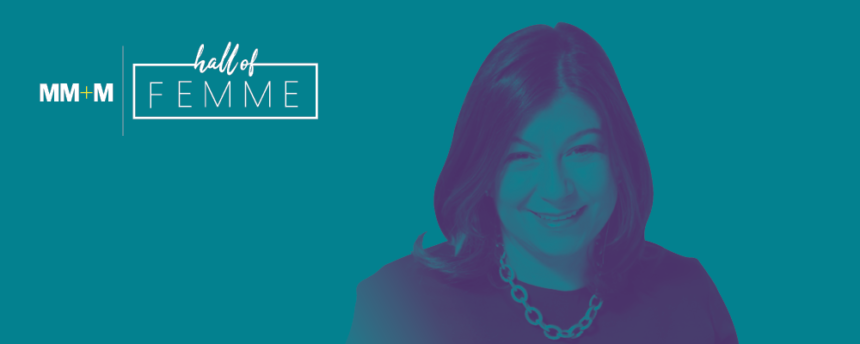What would you do if you didn’t work in healthcare?
I would only work in healthcare because it’s my passion. I’m a total science geek and love solving problems. If I were working as a scientist or biologist today, I would want to be on the front lines of finding solutions for the COVID-19 pandemic. I’m fascinated with how it’s spread, why it’s so contagious, and finding the best ways to develop solutions to prevent and treat it.
Can you give a shout-out to someone who helped you at a pivotal time in your career?
Many years ago, a client told me “If you go to work every day expecting four fires and you only have one, you’re having a good day.” Throughout my career, I have used that insight to set a level of expectation that allowed me not to get knocked off my chair when something bad happened. I learned how to remain calm in the face of crisis and challenge and to take any situation and figure out how to work through it. That’s been critical to my role as a counselor to clients.
Work to live, or live to work?
Neither. I’m a devoted working parent who also runs a large company and is a big believer in work/life integration.
It’s not either/or; it’s about embracing all 360 degrees of your life. I’m very passionate about this. I coach our people to let go of unrealistic expectations, get comfortable with making brave decisions and not be afraid of disappointing people on one end or the other. Being flexible and embracing the small moments makes this work for me.
Share a moment when you left your comfort zone; what did you learn?
In 2006, I left a job at a large holding company to join Jim Weiss, our founder and CEO. I opened the New York office, which had only 30 staff members and $6 million in revenue. I have been integral in growing the firm to become the $222 million integrated healthcare marketing powerhouse it is today.
Along the way, I learned to take risks, be courageous and dream about what’s possible; always lead with a growth mindset; continuously innovate to meet client needs; and get out there and make it happen!
What do you find frustrating about working in healthcare marketing?
Sometimes it’s challenging to consistently deliver awesome, breakthrough creative that also meets stringent regulatory guidelines, but we are making it happen. For example, when social media and content marketing came of age, we conducted workshops to educate our clients’ legal/regulatory/medical functions about social engagement. Together, we worked out what could be done, rather than have them tell us later what couldn’t be done. Also, we are making DTC advertising way more engaging by using different channels and content that people feel are worthy of their time, attention and action. These have been game-changers for us.
To ensure pay parity and career advancement for women, I will …
Cultivate a diverse and inclusive culture to help women advance their careers. Females make up 67% of our staff mix, as such we are dedicated to providing unique resources through programs like Women of W2O, an employee resource group that provides internal mentorship and advancement programs; Your Fourth Trimester, which supports parents as they return to work following birth/adoption of a child and paid membership in several external women’s organizations, including the Healthcare Business Women’s Association and its Gender Parity Collaborative, a unique consortium of companies committed to taking a role in defining strategies, measuring performance, creating change in healthcare.
Where would you like to see more progress in the #MeToo movement?
There has been historic progress on the #MeToo movement, but it needs to be sustained by ensuring that deserving women attain senior positions within their organizations. As they do, sexual harassment will decrease and workplaces will become more productive, which is good for women and for business.
I am proud to say that W2O conducts workshops on managing bias to raise awareness of and mitigate bias in the workplace because we believe in creating a diverse, inclusive, and equitable work environment.
What is one thing you would tell young women starting their careers in healthcare marketing?
Just one? Be intellectually curious! Here are some ways that manifests:
- Be passionate about patients and the science and have a clear understanding of how the business of healthcare works;
- Because healthcare marketing is rapidly becoming tech-enabled and app-ified, be digitally savvy and understand data and analytics;
- Stay relevant and seize opportunities to learn;
- Speak up confidently and often; and
- Be courageous and take chances.
Favorite song?
“Don’t Stop Believin’” by Journey
What three people, alive or dead, would you like to host at a dinner party and why?
My recipe for a great dinner party blends interesting guests from different backgrounds who talk about unexpected topics. I’d invite:
- Dr. Anthony Fauci, because he’s been on the front lines of public health since the HIV/AIDS epidemic — and because he might dish on what those coronavirus briefings are really like.
- Adam Grant, organizational psychologist, because his work on finding motivation and meaning and leading more creative lives resonates strongly with me.
- Nora Ephron, because she was brilliant, funny, could write sparkling copy about anything and was a great cook. And who knows … she might even bring dessert!
From the September 01, 2020 Issue of MM+M - Medical Marketing and Media








